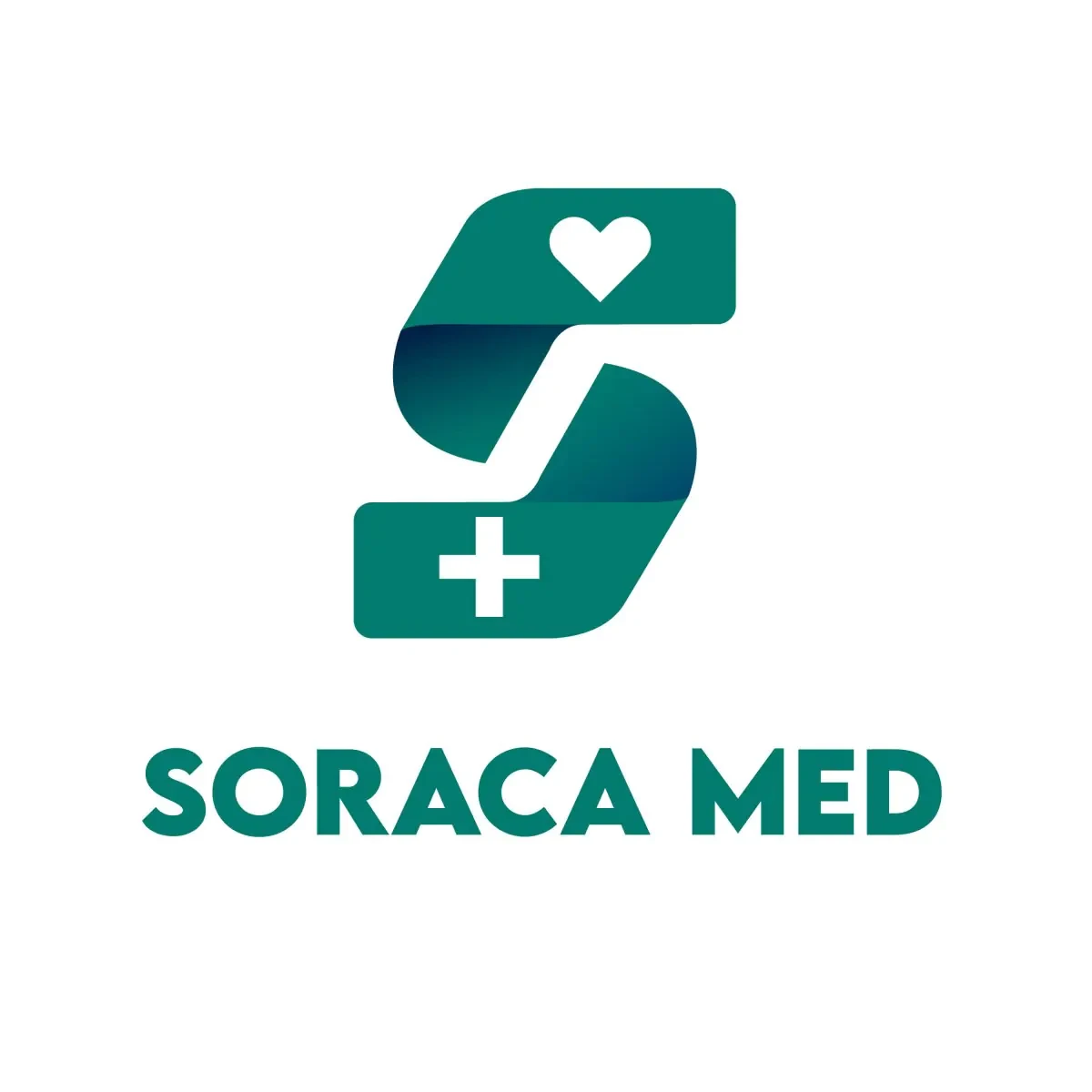Oncology Treats Which Diseases?
Medical oncology is a branch of medicine that deals with cancer, a health condition arising from the uncontrolled proliferation of cells in the body. The symptoms and treatment methods for cancer vary depending on the specific type. Specialized oncologists in Turkey create tailored treatment plans for various cancer types based on the needs of the patients. Prominent diseases within the field of medical oncology include:
- Hematological cancers such as lymphoma, leukemia, multiple myeloma,
- Breast cancer,
- Brain cancer,
- Various cancer types like lung, stomach, colon.
Numerous cancer types fall within the expertise of medical oncologists. Oncologists are typically the specialists consulted for suspicious cancer cases or diagnosed patients. However, when necessary, medical oncologists collaborate with other subfields of oncology, adopting a multidisciplinary approach to cancer treatment. In addition to the treatment processes, medical oncologists in Turkey also deal with methods such as chemotherapy.
What Does the Field of Medical Oncology Encompass?
Medical Oncology is a medical specialty that deals with the diagnosis, treatment, and follow-up of cancer. Specialists in this field apply various treatment methods to stop the growth and spread of cancerous cells.
The scope of Medical Oncology is quite broad, encompassing the following main areas:
Cancer Treatment: The most crucial aspect of Medical Oncology is cancer treatment. The primary treatment methods used in this field include:
Chemotherapy: Chemotherapy involves the use of drugs to kill cancer cells. Radiation Therapy: Radiation therapy utilizes radiation to kill cancer cells. Immunotherapy: Immunotherapy involves treatments that enhance the immune system to destroy cancer cells. Pain Management: Cancer treatment can sometimes cause pain, and the following treatment methods are used to alleviate it:
Painkillers: Painkillers are medications used to reduce pain. Blockers: Blockers are medications that prevent the transmission of pain signals to the brain. Symptomatic Treatment: Cancer treatment can lead to symptoms such as fatigue, nausea, vomiting, and loss of appetite. The following treatment methods are used to address these symptoms:
Supportive Therapies: Supportive therapies are employed to reduce the side effects of cancer treatment. Nutritional Support: Cancer treatment may lead to weight loss in some cases, and the following treatment methods are used to prevent or mitigate this:
Nutritional Counseling: Nutrition counselors assist cancer patients in maintaining a healthy and balanced diet. Dietary Supplements: Dietary supplements are used to meet the daily needs of cancer patients. Psychological Therapy and Support: Dealing with cancer is a challenging process for both patients and their families. The following treatment methods are used to make this process easier:
Psychological Counseling: Psychological counselors provide emotional support to cancer patients and their families. Group Therapies: Group therapies allow cancer patients and their families to share their experiences with each other.
Chemotherapy: An Effective Method Used in Cancer Treatment
Chemotherapy is one of the fundamental methods employed in the treatment of cancer. It involves the use of drugs to destroy cancer cells or inhibit their growth.
Objectives of Chemotherapy
Chemotherapy can serve various purposes in cancer treatment:
- Treating the disease by destroying cancer cells
- Reducing the likelihood of remaining cancer cells after surgical treatment
- Shrinking the size of cancerous tumors to facilitate surgical intervention
- Controlling cancer symptoms
Side Effects of Chemotherapy
While chemotherapy targets cancer cells, it can also harm healthy cells, leading to certain side effects in patients. Common side effects of chemotherapy include:
- Nausea and/or vomiting
- Hair loss
- Irregularity in bowel movements
- Fever
- Sores in the mouth area
- Easy bruising and bleeding on the body
Post-Chemotherapy Side Effects
The side effects observed after chemotherapy can vary depending on the patient's overall health condition and the specific chemotherapy drug used. Prior to treatment, patients are informed about the potential side effects by a medical oncology specialist, and if necessary, medications may be recommended to alleviate these side effects.
Administration of Chemotherapy
Chemotherapy is typically administered intravenously or orally. Intravenous chemotherapy is often conducted in a hospital or outpatient clinic, while oral chemotherapy allows patients to self-administer at home.
Duration of Chemotherapy
The duration of chemotherapy varies based on the type and stage of cancer. In some cases, chemotherapy may be a single application, but more commonly, it involves repeated sessions over several weeks or months.
Outcomes of Chemotherapy
The outcomes of chemotherapy depend on factors such as the type and stage of cancer, the patient's overall health, and the specific chemotherapy regimen used. In some cases, chemotherapy can completely cure cancer. However, more often, it is used to control the disease or alleviate symptoms.
Recommendations for Patients Undergoing Chemotherapy
Patients undergoing chemotherapy can consider the following recommendations to minimize side effects:
- Consume plenty of fluids.
- Maintain a diet rich in fruits, vegetables, and whole grains.
- Ensure an adequate amount of rest.
- Engage in stress-reducing activities such as yoga or meditation.
Chemotherapy is a crucial treatment method for cancer patients. Adhering to the treatment plan and following the advice of healthcare professionals is essential for minimizing side effects and maximizing the benefits of the treatment.
Pain Management (Algology)
Pain is a frequently encountered issue in cancer patients, significantly impacting their quality of life. The field of medical oncology not only focuses on cancer diagnosis and treatment but also emphasizes improving patients' quality of life. In this context, medical oncologists typically possess expertise in pain management, known as algology. Studies indicate that successful pain management enhances a patient's quality of life and survival duration.
Symptomatic Relief
Symptomatic relief aims to alleviate symptoms like loss of appetite, insomnia, nausea, weight loss, fatigue, and infection experienced by cancer patients, enhancing their overall quality of life.
Nutrition & Dietary Habits
Maintaining a healthy diet and an active lifestyle can aid in preventing cancer and impeding its progression. Loss of appetite and weight loss are prevalent symptoms in cancer patients. Additionally, cancer treatments often lead to appetite loss. Strengthening the immune system is crucial during cancer treatment, and a nutritious diet plays a key role in achieving this goal. Therefore, informing patients about healthy and balanced nutrition is a pivotal aspect of cancer treatment.
Psychological Support and Intervention
Cancer diagnosis and the treatment process can trigger physiological and psychological challenges for patients. Accepting the disease at the initial stage may be difficult for those diagnosed with cancer, followed by concerns about the impending treatment process and a prevalent fear of mortality. Consequently, psychological support and intervention are vital for cancer patients. Research demonstrates that psychological support contributes to increased quality of life and extended survival time. Consequently, medical oncology specialists collaborate with other branches to provide psychological treatment and support to patients following a cancer diagnosis.
Immunotherapy
In regular circumstances, a robust immune system safeguards the body against internal and external threats. Immunotherapy treatment is designed to fortify the immune system and assist it in combating cancer cells. Through immunotherapy, the immune system can identify cancerous cells and intensify its efforts to eradicate them. Additionally, immunotherapy may stimulate the immune system to generate antibodies that combat cancer.
Immunotherapy treatment activates the immune system to combat cancer, which may lead to the immune system mistakenly attacking both cancer cells and healthy cells in certain patients. Consequently, some side effects may arise. The primary side effects observed after immunotherapy include:
- Sensation of fatigue and weariness
- Itching
- Diarrhea
- Nausea and/or vomiting.
A specialist in medical oncology provides comprehensive information to patients regarding potential side effects of immunotherapy and strategies to prevent them before, during, and after treatment.




